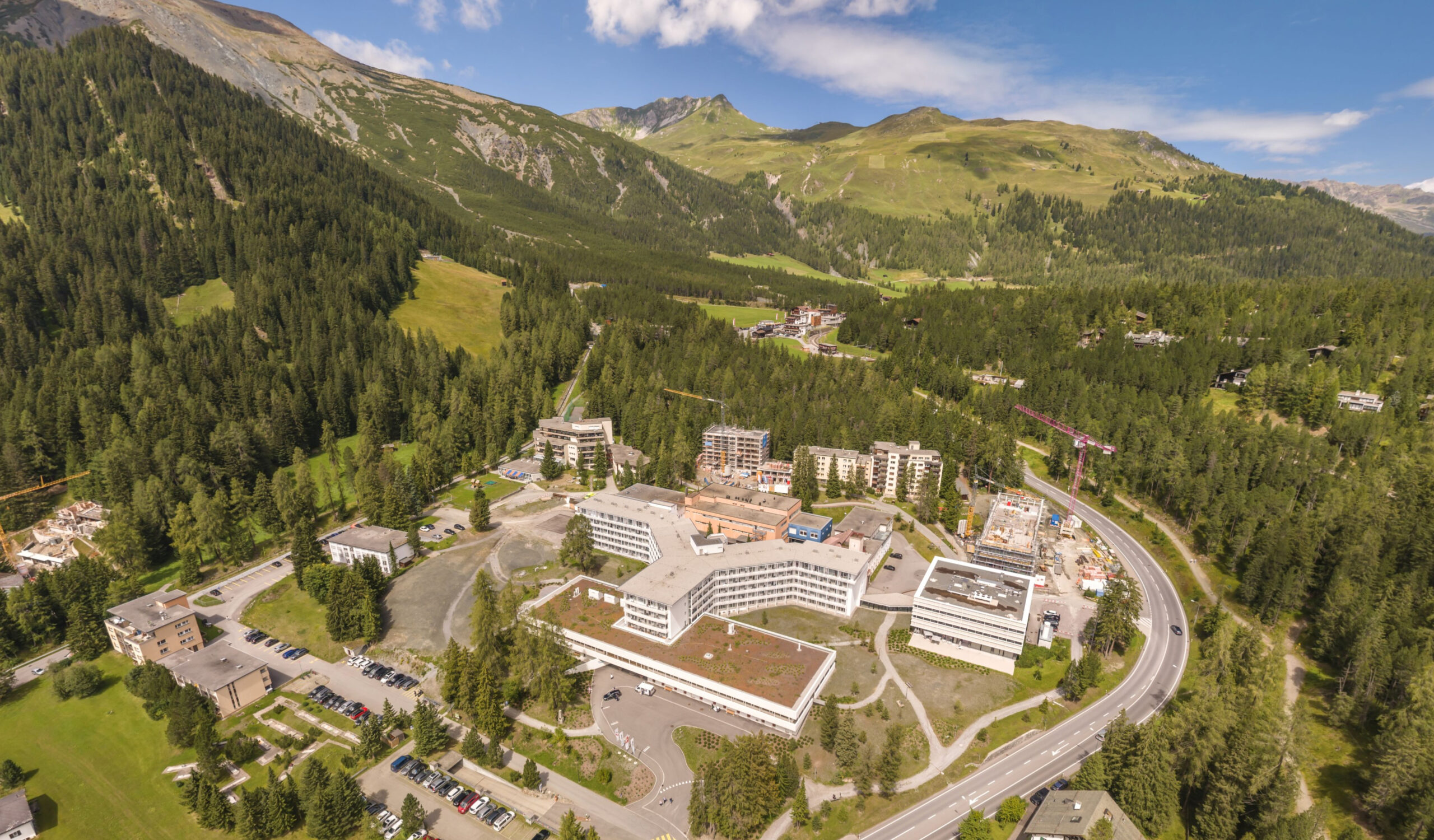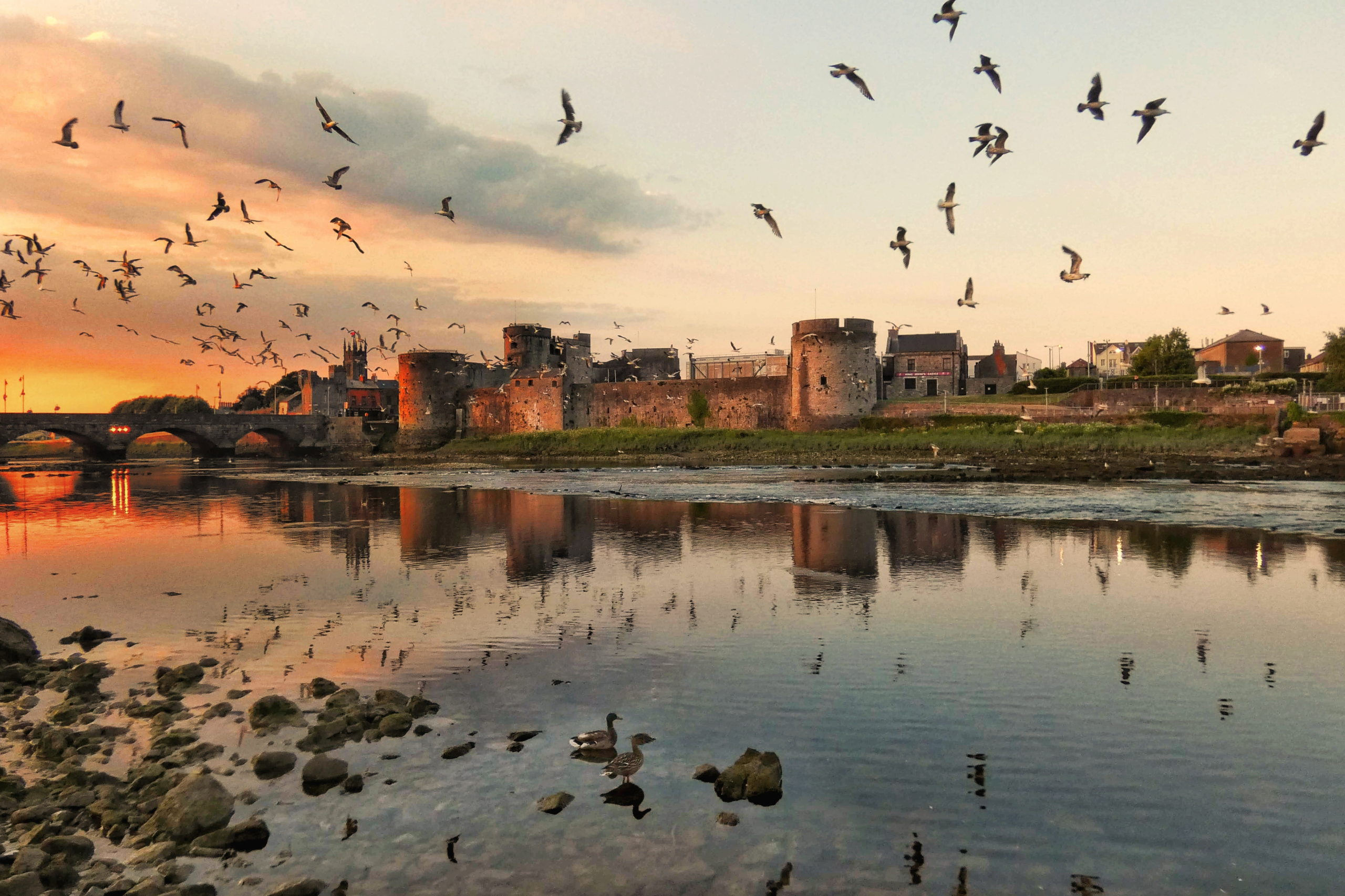The sector is well-capitalized, liquid and harmonized with EU legislation
Financial sector reforms have been pursued vigorously. Banks are on a sound footing and continue to support growth. The banking sector comprises over 90% of the total assets in the financial sector. Over the last several years significant restructuring has been undertaken to improve the stability of the sector. There are currently 30 licensed commercial banks in Serbia, and further consolidation is expected to reduce this number to around 20 over the next few years. At the moment, 21 banks are under majority foreign ownership, and most are authorized for international banking operations. Banks from Italy, Austria, Greece, and France hold a dominant share in total banking sector balance sheet assets reaching almost three quarters. The banks orientate their business towards traditional banking activities with deposits being the primary source of bank funding. Overall the potential for organic growth is quite limited.
Serbia’s banking sector assets total nearly EUR 27 590 million. The top ten banks account for 77,4% of total balance sheet assets in the sector, while the top 5 banks account for 55,5%. Foreign banks have no obstacles in establishing operations in Serbia, and foreigners can freely open non-resident accounts. The sector employs nearly 24 000 employees. Based on reference values of liquidity indicators, Serbia’s banking sector has been characterized by considerable excess liquidity for a long time now, while capital adequacy continues to increase from an already high level.
Total capital in the sector amounts to EUR 5 552 million and growing, while share capital remains stable at EUR 3 359 million. The sector has nearly EUR 17 435 in total loans and EUR 21 174 million in deposits. The banking sectors earnings are low for its size, but quickly increasing, with earnings before tax reaching over EUR 448 million. A positive economic environment boosted profitability to levels not seen since 2008.
The sector is well harmonized with EU legislation, and to strengthen this further the NBS adopted new regulations in line with the requirements of Basel III standards which came into effect in 2017. The end 2017 deadline was not met, and efforts need to continue in 2018. Overall introduction of Basel III standards has enhanced financial stability.
Serbia’s banking sector has received positive reviews from the IMF. According to the IMF, the sector is well-capitalized, liquid and Serbian authorities are making significant progress in implementing reforms. NBS’ efforts of implementing the policies of Basel III framework are strongly supported by IMF. Serbian banks are already working on the upgrade of their credit system and implementation of the SEPA rules in payment systems.
The most significant challenge for the banking sector has been the high rate of non-performing loans (NPLs). The NPL rates for Legal Entities reached peaks of 30% and averaged nearly 22% in 2015. NBS and the government adopted a plan which the IMF assessed in 2016 made significant progress. The total number of NPLs continue falling both in nominal terms and relative to total loans. In early 2018, the NPL rate dropped to below 10%, but there is still a way to go there, and more reduction of bad loans will continue to be made. According to Professor Veroljub Dugalić, Secretary General of the Association of Serbian Banks this opens up the possibility to approve more loans in the near future.
Commercial banks are slowly easing their credit standards, which is contributing to increased credit activity. Cash loans to households have recently grown rapidly to match housing loans and should be managed carefully. More than two-thirds of all lending is denominated in EUR because it carries less risk than RSD and lower rates.
Although the banking sector is highly liquid, Serbian companies are unable to find working capital which remains an issue for the Serbian economy. In contrast, there are no obstacles for foreign investors on the domestic market to obtain credit. Professor Dugalić, stresses there is a direct link between corporate loans, resulting investment and the economy which needs to be addressed. He emphasizes improving commercial borrowing is key for business expansion and Serbia’s economic prosperity.
Historically after the global financial crisis in 2008, four state-owned banks in Serbia went bankrupt. The state compensated the banks’ depositors with nearly EUR 1 000 million. State-controlled banks have had financial difficulties after the crisis. They have honored all withdrawal requests during and after the crisis, and now the situation has been stabilized, and banks have regained consumer trust. Personal remittances are an important trust indicator. They are on the rise and reach nearly EUR 3 000 million.
In early 2018 there were nearly 6 million credit/debit cards issued in Serbia, which for a population of 7 million people showcases a positive penetration rate.
The Ministry of Finance’s administrative capacity to regulate the securities market remains weak.
Overall, it remains also weak in the NBS, Deposit Insurance Agency and Ministry of Labour. The National Bank of Serbia’s (NBS) main goal is to achieve sustainable prices and stability of the exchange rate, as well as controlling the inflation. It also manages foreign exchange transactions, formulates monetary policy, manages cash circulation, and supervises banks and other financial institutions. NBS is independent of the government but reports to the Parliament, and the current governor is Jorgovanka Tabakovic.
Foreign Exchange: Serbia allows free flow of capital and investments, and residents may maintain both foreign currency and dinar denominated bank accounts without restrictions. Investors can make or receive payments in foreign currency on these accounts. In December 2014, the government updated the Foreign Exchange Law to allow Serbian citizens to make transactions through internet payment systems such as PayPal.
Portfolio Investment: According to the National Bank of Serbia (NBS), Serbia recorded net outflow of EUR 1 000 million in portfolio investment in 2016. The Serbian government finances its budget deficit with regular issues of bonds, including dinar-denominated T-bills, dinar-denominated, short-term, and euro indexed government bonds. The value of government debt securities issued on the Serbian market reached EUR 8 800 million in early 2017, with 63% in Serbian dinar (RSD) and 37% in euro. Including international market, it reached nearly EUR 14 000 million in total.
Serbia’s international credit ratings have improved over the last few years and have a stable outlook. In March 2017, Moody’s upgraded the Government of Serbia’s long-term issuer ratings to Ba3, from B1. Standard & Poor’s outlook for Serbia was briefly raised from stable to positive, while keeping its rating at BB- before being upgraded to BB, with a stable outlook at the end of 2017. In 2016, Fitch raised Serbia’s credit rating from B+ to BB- and to BB in 2017. The improved ratings remain below investment grade.
Capital Markets: Serbia does not have well-developed equity and bond markets. Belgrade Stock Exchange (Belex) has 990 companies listed, but less than 10% of them have their shares traded regularly, which is defined as more than once a week. Total turnover in 2016 doubled from the year before, and it reached EUR 400 million, which is a positive sign, but still far from the volume of trade before the global economic crisis in 2008. The Belgrade Stock Exchange is ramping up 2018 with a series of strategies focused on increasing trading. This includes EU supported “Serbia: IPO GO!” aimed at having the first IPO in the exchange in over 70 years.
Insurance: The insurance market in Serbia is comprised of 21 insurance companies, 15 of which are in their majority foreign-owned. The balance sheet total of insurance and reinsurance undertakings in Serbia continues to increase reaching EUR 1 955 million. Total premiums in 2017 reached EUR 594 million, an increase of 6.3% from 2016. Non-life insurance policies made up a 77.5% share while life insurance premiums the remaining 22.5%. Insurance regulations have already been adopted creating the legislative ground for convergence of the Serbian insurance sector to that of the EU. This ensures protection equivalent to that in the EU.
























